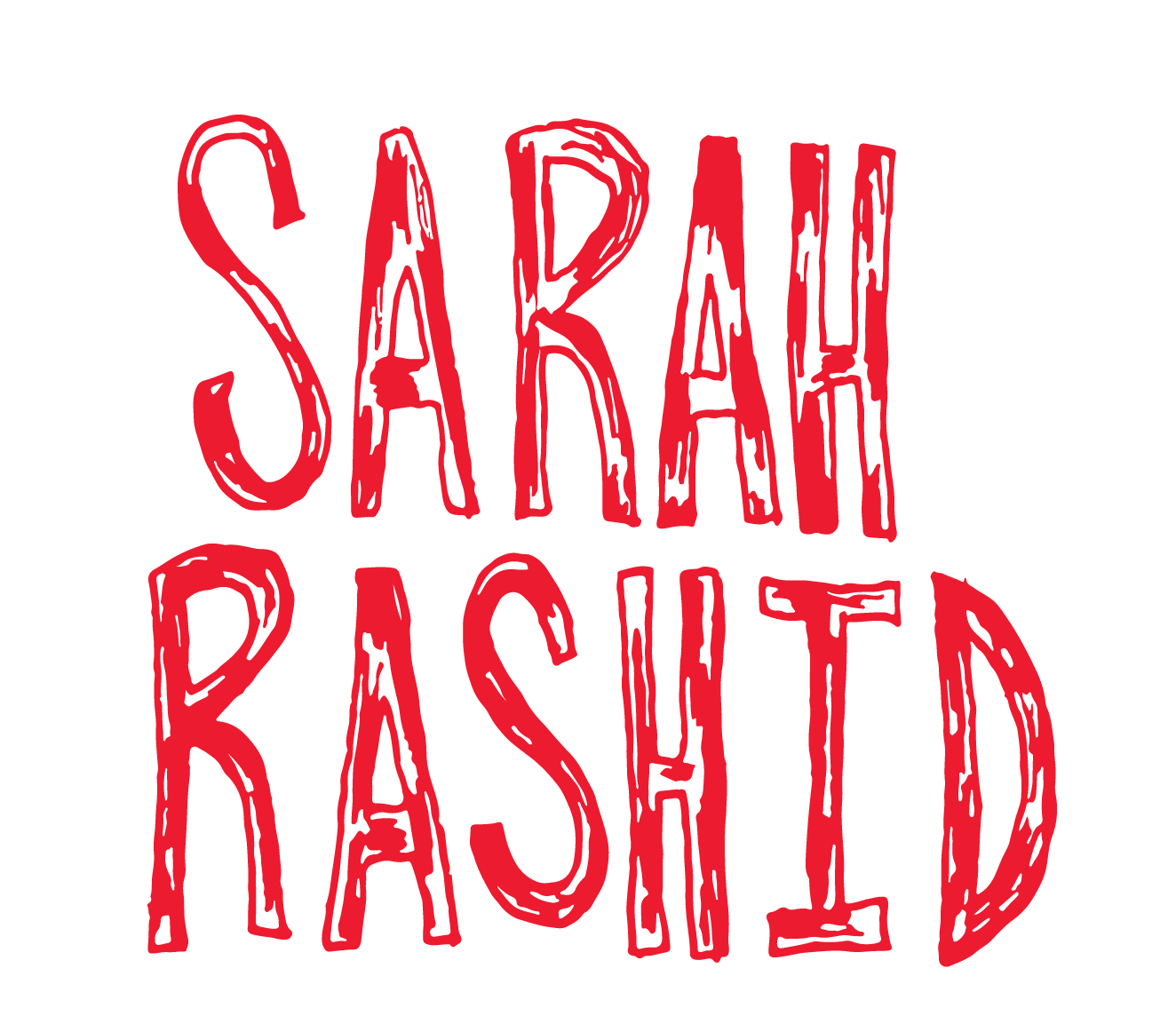
01. The influence of imperialism on the history of Eritrea is indisputable. Eritrea first existed as a political entity when it was distinguished as an Italian colony along the Red Sea in 1882, the Italians occupied Eritrea for approximately the next 60 years. In 1941, the British took over control of the region. In 1952, a UN decision federated the former colony with Imperial Ethiopia. Eritrea was introduced, refigured and subjected as a political entity by imperial powers. Ultimately, the nation-state of Eritrea that populates the world map today is a result of a struggle for self-determination against imperialism and colonialism.

02. Not long after Eritrea was federated under the Ethiopian Crown, a contemporary independence movement sparked. The dissent gave way to a breakaway faction in 1970: the Eritrean People’s Liberation Front (EPLF) was a highly disciplined, hierarchically organized insurgent force. They exercised strict democratic centralism and operated as a proto-state with their own economic, social policies and “government” services. In 1991, the EPLF took control of Eritrea’s capital, Asmara, effectively ending the 30-year violent struggle. The EPLF then established a provisional government, which it framed as merely formalizing an administration that had already existed in Eritrea for over 15 years.

03. Even if the government of the de facto independent state of Eritrea fulfilled the Montevideo convention, the EPLF still waited until the UN organized a referendum in April 1993 to officially declare de jure independence. The referendum on Eritrean independence was supposed to ask “Do you approve Eritrea to become an independent, sovereign state?” However, the Canadian Observation Delegation to Eritrea reported that the question posed in the referendum had multiple variations presented to different delegations and media sources, including at least two accounts of references to slavery.




